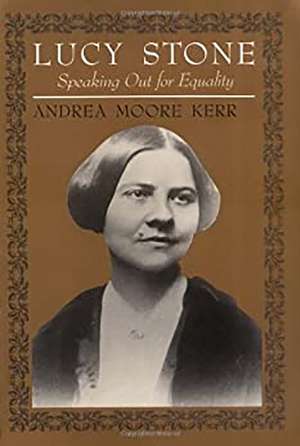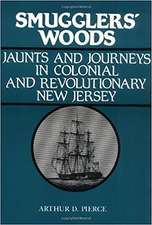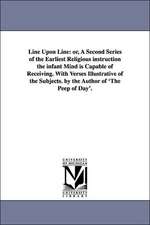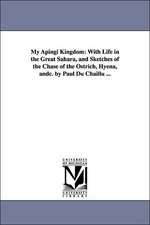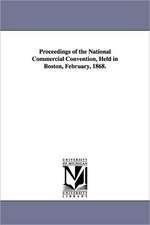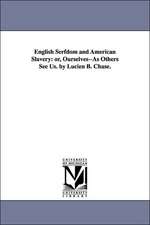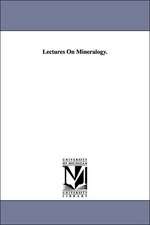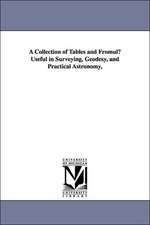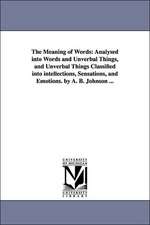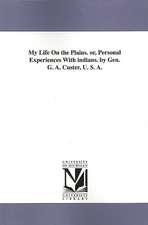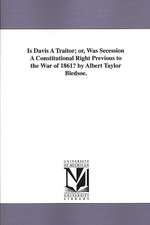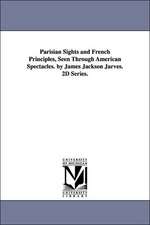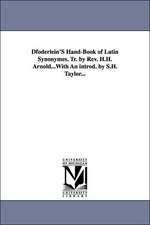Lucy Stone: Speaking Out for Equality
Autor Andrea Moore Kerren Limba Engleză Paperback – dec 1992
No study of women's history in the United States is complete without an account of Lucy Stone's role in the nineteenth-century drive for legal and political rights for women.This first fully documented biography of Stone describes her rapid rise to fame and power and her later attempt at an equitable mariage.
Lucy Stone was a Massachusetts newspaper editor, abolitionist, and charismatic orator for the women's rights movement in the last half of the nineteenth century. She was deeply involved in almost every reform issue of her time. Charles Sumner, Frederick Douglass, William Lloyd Garrison, Julia Ward Howe, Horace Greeley, and Louisa May Alcott counted themselves among her friends. Through her public speaking and her newspaper, the Woman's Journal, Stone became the most widely admired woman's rights spokeswoman of her era. In the nineteenth century, Lucy Stone was a household name.
Kerr begins with Stone's early roots in a poor family in western Massachusetts. She eventually graduated from Oberlin College and then became a full-time public speaker for an anti-slavery society and for women's rights. Despite Stone's strident anti-marriage ideology, she eventually wed Henry Brown Blackwell, and had her first child at the age of thirty-nine.
Although Kerr tells us about Stone's public accomplishments, she emphasizes Stone's personal struggle for autonomy. "Lucy Stone (Only)" was Stone's trademark signature following her marriage. Her refusal to surrender her birth name was one example of her determination to retain her individuality in an era where a woman's right to a separate identity ended with marriage.
Of equal importance is Kerr's discussion of Stone's relationship with Susan B. Anthony and Elizabeth Cady Stanton, as well as her revisionist treatment of the schism which eventually divided Stone from Stanton and Anthony. Stone urged legislators not to ignore the need for women's suffrage as they rushed to enfranchise black males. Stanton and Anthony dwelt only on the need for women's suffrage, at the expense of black suffrage. Women's historians, the general reader, and historians of the family will appreciate the story of Stone's attempt to balance the conflicting demands of career and family.
Lucy Stone was a Massachusetts newspaper editor, abolitionist, and charismatic orator for the women's rights movement in the last half of the nineteenth century. She was deeply involved in almost every reform issue of her time. Charles Sumner, Frederick Douglass, William Lloyd Garrison, Julia Ward Howe, Horace Greeley, and Louisa May Alcott counted themselves among her friends. Through her public speaking and her newspaper, the Woman's Journal, Stone became the most widely admired woman's rights spokeswoman of her era. In the nineteenth century, Lucy Stone was a household name.
Kerr begins with Stone's early roots in a poor family in western Massachusetts. She eventually graduated from Oberlin College and then became a full-time public speaker for an anti-slavery society and for women's rights. Despite Stone's strident anti-marriage ideology, she eventually wed Henry Brown Blackwell, and had her first child at the age of thirty-nine.
Although Kerr tells us about Stone's public accomplishments, she emphasizes Stone's personal struggle for autonomy. "Lucy Stone (Only)" was Stone's trademark signature following her marriage. Her refusal to surrender her birth name was one example of her determination to retain her individuality in an era where a woman's right to a separate identity ended with marriage.
Of equal importance is Kerr's discussion of Stone's relationship with Susan B. Anthony and Elizabeth Cady Stanton, as well as her revisionist treatment of the schism which eventually divided Stone from Stanton and Anthony. Stone urged legislators not to ignore the need for women's suffrage as they rushed to enfranchise black males. Stanton and Anthony dwelt only on the need for women's suffrage, at the expense of black suffrage. Women's historians, the general reader, and historians of the family will appreciate the story of Stone's attempt to balance the conflicting demands of career and family.
Preț: 318.57 lei
Nou
Puncte Express: 478
Preț estimativ în valută:
60.96€ • 63.29$ • 50.84£
60.96€ • 63.29$ • 50.84£
Carte tipărită la comandă
Livrare economică 22 martie-05 aprilie
Preluare comenzi: 021 569.72.76
Specificații
ISBN-13: 9780813518602
ISBN-10: 0813518601
Pagini: 312
Dimensiuni: 152 x 229 x 23 mm
Greutate: 0.45 kg
Ediția:None
Editura: Rutgers University Press
Colecția Rutgers University Press
ISBN-10: 0813518601
Pagini: 312
Dimensiuni: 152 x 229 x 23 mm
Greutate: 0.45 kg
Ediția:None
Editura: Rutgers University Press
Colecția Rutgers University Press
Notă biografică
ANDREA MOORE KERR is a historian and writer. She is currently at work on a historical novel based on Shay's Rebellion.
Cuprins
Acknowledgments
Introduction
Chapter One. "EXTRA! EXTRA! Lucy Stone Is Dead!"
Chapter Two. "I Am Sorry It Is a Girl. A Woman's Lot Is So Hard"
Chapter Three. "As Light as Thistle Down"
Chapter Four. "This is Not a World to Sit Down and Whimper In"
Chapter Five. "Whether We Like It or Not, Little Woman, God Made You an Orator"
Chapter Six. "Putting Lucy Stone to Death"
Chapter Seven. "Rock the Cradle Lucy/And Keep the Baby Warm!"
Chapter Eight. Kansas: The Rift Widens
Chapter Nine. "Out of the Terrible Pit"
Chapter Ten. "Every Clean Soul"
Chapter Eleven. "Will the Cause Be Ground to Powder?"
Chapter Twelve. "Another Year for Downright Work"
Chapter Thirteen. "Make the World Better"
Epilogue
Notes
Bibliography
Index
Introduction
Chapter One. "EXTRA! EXTRA! Lucy Stone Is Dead!"
Chapter Two. "I Am Sorry It Is a Girl. A Woman's Lot Is So Hard"
Chapter Three. "As Light as Thistle Down"
Chapter Four. "This is Not a World to Sit Down and Whimper In"
Chapter Five. "Whether We Like It or Not, Little Woman, God Made You an Orator"
Chapter Six. "Putting Lucy Stone to Death"
Chapter Seven. "Rock the Cradle Lucy/And Keep the Baby Warm!"
Chapter Eight. Kansas: The Rift Widens
Chapter Nine. "Out of the Terrible Pit"
Chapter Ten. "Every Clean Soul"
Chapter Eleven. "Will the Cause Be Ground to Powder?"
Chapter Twelve. "Another Year for Downright Work"
Chapter Thirteen. "Make the World Better"
Epilogue
Notes
Bibliography
Index
Descriere
No study of women's history in the United States is complete without an account of Lucy Stone's role in the nineteenth-century drive for legal and political rights for women.This first fully documented biography of Stone describes her rapid rise to fame and power and her later attempt at an equitable mariage. Lucy Stone was a Massachusetts newspaper editor, abolitionist, and charismatic orator for the women's rights movement in the last half of the nineteenth century. She was deeply involved in almost every reform issue of her time. Charles Sumner, Frederick Douglass, William Lloyd Garrison, Julia Ward Howe, Horace Greeley, and Louisa May Alcott counted themselves among her friends. Through her public speaking and her newspaper, the Woman's Journal, Stone became the most widely admired woman's rights spokeswoman of her era. In the nineteenth century, Lucy Stone was a household name.
